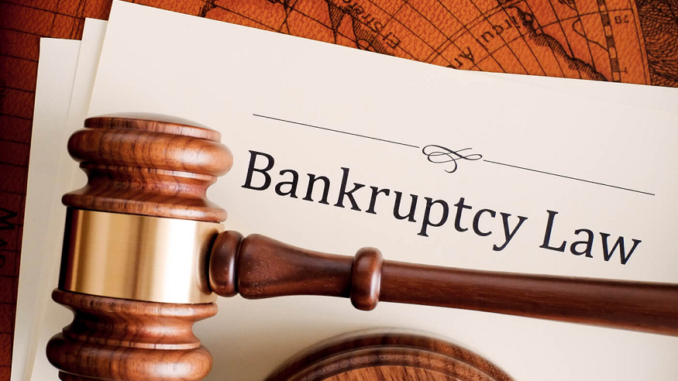
Filing a bankruptcy can be emotional and stressful, even in business. For many, it means that the business failed to operate as they intended. With any decision involving emotions, it is wise to proceed carefully so that you don’t overlook something or make a mistake that ends up making the process more difficult. In this blog post we’ll discuss the basics of a business bankruptcy and insight on how to navigate the process.
Bankruptcy is a legal process that allows individuals or businesses to seek relief from overwhelming debts. It provides a fresh start by eliminating or restructuring debts, and it is overseen by the court system. Bankruptcy can be filed voluntarily by a debtor or involuntarily by creditors to recover what they are owed.
Types of bankruptcy for businesses:
There are several types of bankruptcy available for businesses, but the most common ones are Chapter 7 and Chapter 11 bankruptcy.
Chapter 7 bankruptcy: This form of bankruptcy is often referred to as “liquidation bankruptcy.” In Chapter 7, a business ceases operations, and a trustee is appointed to sell its assets to repay creditors. Afterward, remaining debts are discharged, relieving the business from further obligations.
Chapter 11 bankruptcy: Chapter 11 is known as “reorganization bankruptcy” and is typically used by businesses seeking to continue operating while reorganizing their debts. Under Chapter 11, a business develops a plan to repay creditors over time, potentially renegotiating contracts and reducing financial burdens.
How bankruptcy affects business debts:
When filing for bankruptcy, it’s important to understand how it will impact your business debts:
Dischargeable debts: In bankruptcy, certain debts can be discharged, meaning you are no longer legally obligated to repay them. Examples of dischargeable debts include credit card debts, unsecured loans, and business contracts that are no longer beneficial.
Non-dischargeable debts: Some debts cannot be discharged through bankruptcy. These typically include tax debts, student loans, child support, and certain types of court judgments. These debts will still need to be addressed and paid even after bankruptcy.
Automatic stay: When bankruptcy is filed, an automatic stay is put in place, which prohibits creditors from pursuing debt collection activities. This provides temporary relief and allows the debtor time to reorganize their finances.
Impact on business operations: Depending on the type of bankruptcy filed, business operations may be affected. Chapter 7 often involves liquidating assets and closing the business, while Chapter 11 allows for continued operations but with a focus on debt restructuring.
Navigating the complexities of bankruptcy and business debts can be challenging, so seeking professional advice is crucial. Consult an experienced bankruptcy attorney who can guide you through the process, explain your options, and ensure that you make informed decisions that align with your business’s goals.
While bankruptcy can provide relief from overwhelming debt, it also comes with some significant consequences, including:
Damage to your credit score: Bankruptcy will remain on your credit report for 7-10 years, making it more challenging to obtain loans or lines of credit in the future.
Loss of assets: In Chapter 7 bankruptcy, you may have to sell off your business assets to repay creditors.
Difficulty starting a new business: Some lenders may be hesitant to provide financing to entrepreneurs who have previously filed for bankruptcy.
Bankruptcy can be a viable solution for businesses overwhelmed by debts, offering the opportunity for a fresh start and financial relief. Understanding the different types of bankruptcy, the impact on business debts, and seeking a professional bankruptcy lawyer are key to successfully managing the process. By arming yourself with knowledge and making informed decisions, you can navigate through this challenging time and lay the groundwork for a stronger financial future.

Leave a Reply
You must be logged in to post a comment.